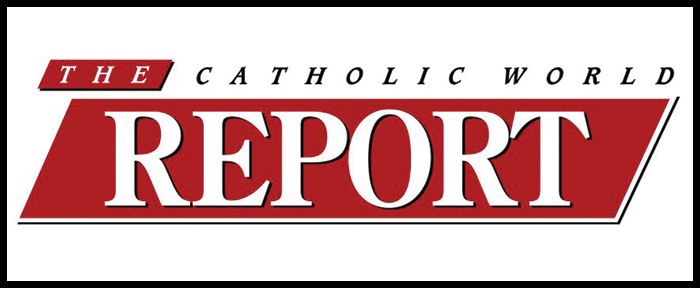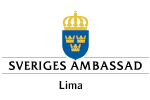 The Pope’s writings and interviews show that his teachings are within the Catholic social tradition, and that he supports business creativity, job creation, economic growth, and free markets. Like his predecessors, Pope Francis says that he does not propose a political ideology, or a sort of “unruly activism” or “irresponsible populism.”
The Pope’s writings and interviews show that his teachings are within the Catholic social tradition, and that he supports business creativity, job creation, economic growth, and free markets. Like his predecessors, Pope Francis says that he does not propose a political ideology, or a sort of “unruly activism” or “irresponsible populism.”
Francis has praised those who create jobs in an economy. In his two major documents,Evangelii Gaudium and Laudato Si, he writes that business is a “noble vocation” because it produces wealth, increases the goods of the world, makes those goods more accessible to all, and creates jobs. Laudato Si states: “In order to continue providing employment, it is imperative to promote an economy which favors productive diversity and business creativity.” He advocates an economy that enables numerous and diverse enterprises that create greater employment opportunities.
CSD reflects this teaching, which may also stem from Francis’ experience in Latin America. The Peruvian economist Hernando de Soto conducted a study that showed how difficult it is to start a business in Peru. He tested the system by hiring a team to start a small shirt factory. His team ended up having to spend nine months obtaining the permits required to start the business, and along the way were asked for bribes 10 times. The permits cost more money than two years of the average wage of a Peruvian worker. His team had to make two bribes to overcome the several delays in the process. Even after they established their business, credit to expand operations was not available.
To read the complete article, please visit The Catholic World Report


